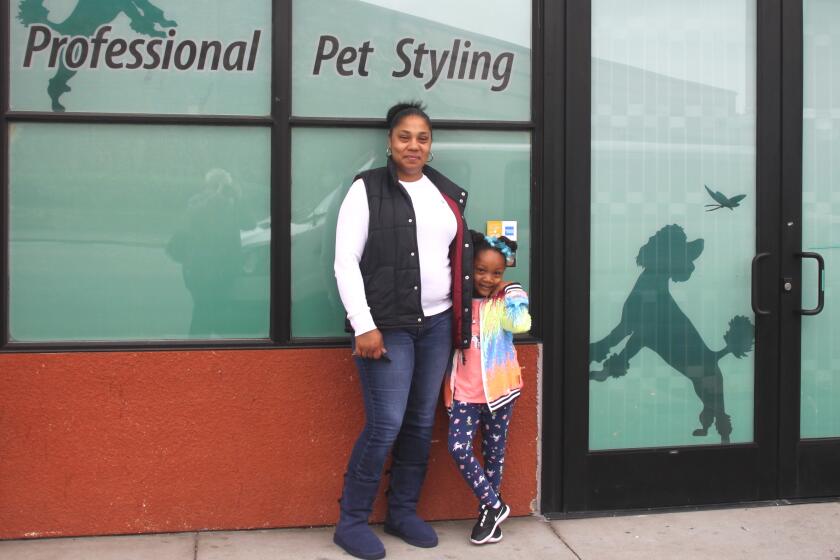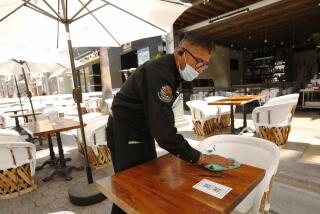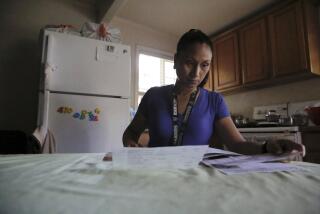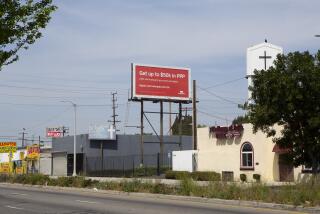Eight weeks of relief isn’t enough, say small firms facing coronavirus closings
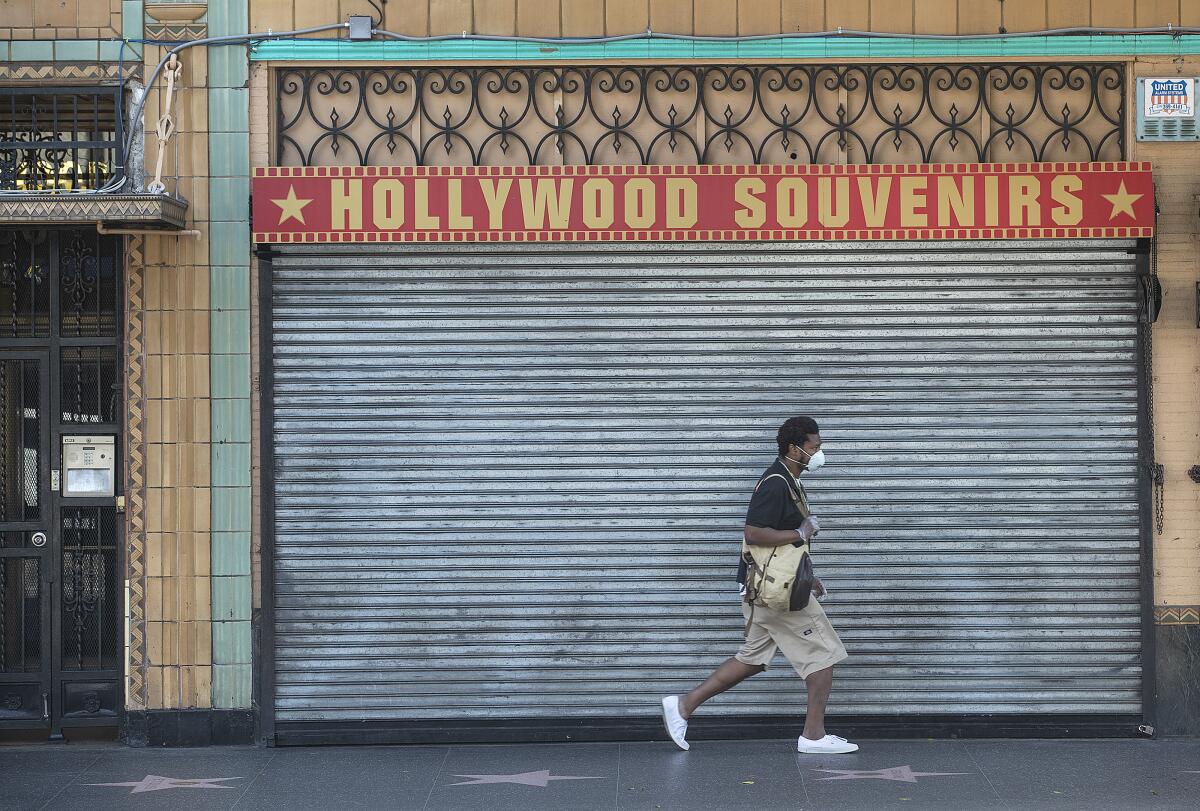
For many U.S. small business owners, eight weeks of federal coronavirus relief won’t be enough to survive the pandemic’s economic damage, spurring calls from mom-and pop firms to extend the time frame.
The rescue plan for small companies, designed as a stopgap until life returns to normal, falls short for restaurants, hair salons and other small companies that are bracing for months of poor business. Long after the lockdowns are lifted, customers will face economic hardship and be wary of crowded spaces, say advocates who are calling for funding that’s not tied to a tight timeline.
”We’re not going to open our hotels in April, and we’re not going to open our hotels in May,” said Richard Born, a longtime New York City hotelier who has shut 40 operations qualifying as small businesses. “We’re hoping for July, and we are the poster child for the industries that have been hurt the most.”
Confusion and frustration bedevil attempts to keep employees on the job while getting a Payroll Protection Program loan.
With money from the $349-billion package for small businesses running out, the focus in Washington is on adding more funding to shore up a key portion of the economy. But without a change in the structure of the loans, advocacy groups say, many small businesses will fail despite the hundreds of billions in relief laid out for them.
“A month or two they might manage, but by the third month you get in the questionable zone,” said Richard Prisinzano, director of policy analysis at the University of Pennsylvania’s Penn Wharton Budget Model. “This is a short-term relief bill. It is predicated on the shutdowns being over in two months.”
The rub is in the conditions of the Paycheck Protection Program, known as PPP. Borrowers must use the loans to cover payroll over about eight weeks and keep or rehire the same number of employees as before the shutdowns in order for the debt to be forgiven. The point is to ensure people continue to receive paychecks even as unemployment has skyrocketed in recent weeks.
The clock starts ticking on the first day of disbursement, meaning borrowers who got funding this week would be covered through mid-June. And the period covered by the program ends June 30.
That timing doesn’t work for Clara Osterhage, who owns hair salons in Ohio and other states and had to lay off hundreds of employees. She wonders what she’ll do with her employees if her businesses are still closed or limited at the end of the eight weeks.
“Do I lay them off again, which is not the nicest thing to do to these people who are already upside down?” she said.
Almost half of small businesses in a recent survey published in a National Bureau of Economic Research paper said they think the crisis will still be going on at the start of July. Many respondents to that question weren’t confident about their answers, reflecting the uncertainty of today’s world, according to the paper.
Industry groups including the National Restaurant Assn. are seeking a number of fixes to the PPP, including an extension of the period that owners can use the loan and still have it forgiven.
Rather than bringing back staff for a few weeks and then letting them go again, owners should be able to use the funds later, perhaps when they’re reopening in the late summer or fall, said the restaurant group’s executive vice president of public affairs, Sean Kennedy.
“If they have more certainty that there is a chunk of cash that will be available to them, that is going to be the difference between them saying, ‘I’m turning my keys back in to the bank,’ or, ‘I’m going to try to ride this out,’” Kennedy said.
The restaurant association also wants owners to be able to put more money from the aid toward rent.
Amid the coronavirus outbreak, consumers searching Amazon for toilet paper are finding that some sellers aren’t delivering as promised.
It took 12 to 18 months for the travel business to rebound after 9/11 and the 2008 recession, according to Brian Crawford, executive vice president of government affairs for the American Hotel and Lodging Assn., a lobbying group. Businesses will have to contend with the social reality that customers may be scared to be wedged into an airplane seat beside a coughing stranger.
“People are not going to travel until they feel safe again,” Crawford said. “The notion that we would be at 75% by June 30 is not realistic in our opinion and probably not workable.”
The International Franchise Assn. — a lobbying group representing franchises in hotels, retail, restaurants and business services — is pushing for a series of favors, including extending the maximum loan amount to eight times the average monthly cost of all expenses, an additional $600 billion in funding and extending the time covered to December.
Hugh Acheson, a judge on the TV show “Top Chef,” who owns the 5&10 restaurant in Athens, Ga., is selling future catering, on top of a government loan, to stay afloat.
“Whether the public comes back is the biggest thing right now, and the longer this goes on, I think the longer people get used to distancing,” Acheson said.
For Mark Christ, the uncertainty over how to use his government-backed loan is proving particularly vexing.
Christ, who owns a Florida business that cleans kitchen exhaust systems, Hoodz of Orlando, said he had received $290,000 under the program. Now he must decide whether to use the money to pay his staff for the next two months and get the loan forgiven, or keep it on the books as a hedge against his concerns about Florida’s economic prospects for the rest of the year while his laid-off workers can draw unemployment.
“I am so consumed with this,” he said. “It’s driving me crazy.”
More to Read
Inside the business of entertainment
The Wide Shot brings you news, analysis and insights on everything from streaming wars to production — and what it all means for the future.
You may occasionally receive promotional content from the Los Angeles Times.
